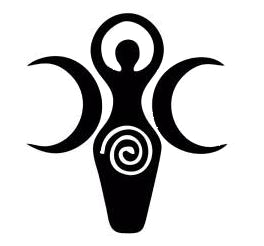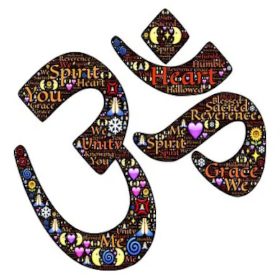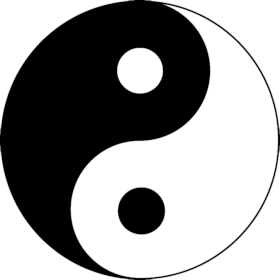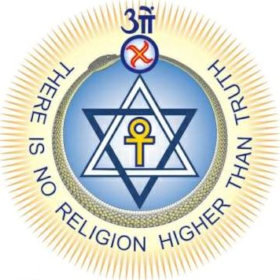World Beliefs
(Cosmologies)
One Spirit – Many Paths
A cosmology is a body of beliefs. Based on religious, mythological, and esoteric literature and traditions, it seeks to answer questions concerning the origins and destiny of humans. Philosophers, clergy, and laypersons have been wrestling with these concepts for eons. Religions have been created and destroyed, myths told and retold across generations to ease the existential anxiety these concepts evoke.
Birth, life, death, what’s it all about? The cosmologies presented on this page are a broad survey to help you in understanding some of the principles that differentiate one from the other.
The Theosophists wrote at the beginning of the 20th century about truth, contending there were universal threads that weave the world’s religions together. For more on this topic, please read the fascinating article by Mark Brooks.
While looking for a universal truth, Mahatma Gandhi began to believe that all religions were fundamentally equal. Each deserved our innate respect, and not just tolerance. He viewed the respectful study of another’s faith as a sacred duty that did not reduce reverence for his own.
No matter how you may view another’s religion, understanding another spiritual point of view may deepen your connection to your path/faith and your sense of the ineffable. Happy exploration!
Animism Belief Systems
This cosmology is both a concept and a way of relating to the world. It is the belief that all matter has a spirit/soul that exists apart from the physical body. All spirits are sentient, possessing the quality of being animated, alive.
Humans may interact with the helping spirits for healing, divination, and counsel.
Buddhism
Buddhists say that while we are on earth, our focus should be on ridding our consciousness of its animal-like nature.
Through the development of morals, virtues, and ethics, we may learn to rise above our petty emotions like anger, jealousy, and revenge.
There are two major divisions, Theravada and Mahayana which also includes Tibetan and Zen Buddhism
Christianity
An Abrahamic monotheistic religion based on the teachings of Jesus of Nazareth, the practices vary considerably across denominations.
By some estimates, there are over 200 separate and distinct denominations in the US. The most widely accepted statements of faith are that Jesus is the son of God and the Apostles’ Creed.
Goddess Neo Pagan
There is no single set of beliefs, practices, or texts. Persons who follow this diverse movement tend to be environmentally aware and have reverence for the divine feminine elevating Her position equal to that of a male deity or honored by Herself.
Hinduism
Hindu cosmology describes changes in the universe over time and how time moves in infinite cycles. Each universe in the Hindu cosmology exists for a specific period, which is billions of earth years in length.
Referred to as Sanatana Dharma, “the eternal way,” incorporates rituals, recitations, meditation, and more.
Islam
An Abrahamic monotheistic religion that teaches there is only one God and Muhammad is the messenger. Followers are known as Muslims.
Islam teaches that human beings’ innate inclination is towards oneness. The Five Pillars of Islam provide the foundation of Muslim life.
Like other Abrahamic religions, there is a concept of judgment and reward or punishment
Judaism
The oldest of the Abrahamic religions is Judaism, which dates back to the Bronze age. There are a variety of movements within, and one of the significant differences is the approach to Jewish law.
Some groups view the laws as guidelines while others see them as strict obligations. Authority on theological matters rests in the sacred texts and the rabbis who interpret them.
Taoism
A philosophical tradition originating in China with a focus on The Tao “the way,” which seeks to archive perfection by becoming one with the unplanned rhythms of the universe.
Taoist schools teach ethics. The schools vary in their respective teachings, but there is an emphasis on core beliefs: the Three Treasures (compassion, frugality, and humility) and naturalness, spontaneity, and simplicity.
Theosophical
The Theosophical Society was created in the late 1800s to develop a universal brotherhood of humanity, without distinction of race, creed, sex, caste, or color.
Its members published books that attempted to explain supernatural events and human abilities that some world religions would describe as miracles or mysteries.









